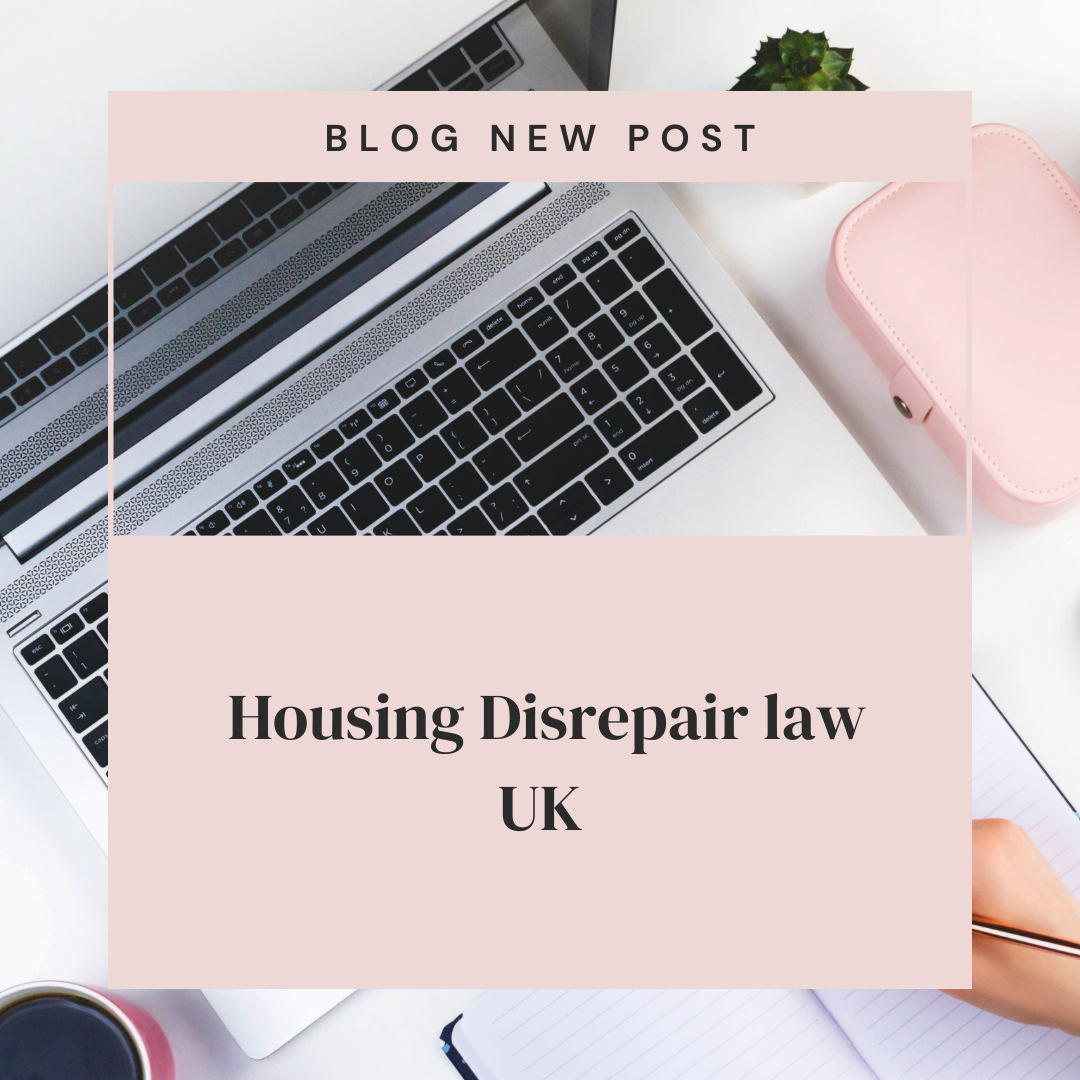Housing Disrepair Law UK
Introduction:
Living in a safe and well-maintained home is a basic human necessity. However, not all tenants are fortunate enough to have their housing needs adequately addressed. In the UK, tenants have rights protected by housing disrepair laws, ensuring that landlords are responsible for maintaining a safe and habitable living environment. In this article, we will discuss the key principles of housing disrepair law in the UK.
- Legal Responsibilities of Landlords:
Under the UK housing disrepair laws, landlords are legally obligated to maintain their properties in a safe and habitable condition. This includes keeping the structure sound, maintaining essential services such as heating, electricity, and plumbing, and ensuring the property is free from any hazards that may pose a risk to tenants’ health and safety. - Assessing Housing Disrepair:
When tenants notice disrepair issues in their rented property, the first step is to inform the landlord or property management company in writing about the problems. Examples of common issues include damp, mould, leaks, faulty electrical wiring, and broken heating systems. The landlord should be given a reasonable amount of time to rectify the problem. - Landlord’s Duty to Repair:
Once aware of the disrepair, the landlord must take prompt and effective action to remedy the issues. They must engage qualified professionals to assess and fix the problems within a reasonable timeframe. If the landlord fails to address the disrepair or repairs are inadequate, tenants have the right to escalate the matter. - Tenants’ Rights to Compensation:
When housing disrepair persists despite reporting it to the landlord, tenants may be entitled to compensation. Compensation may cover costs for alternative accommodation, damages caused by the disrepair (such as damaged personal belongings), and even medical expenses resulting from health issues caused by the disrepair. - Seeking Legal Assistance:
To ensure your rights are protected and to maximize your chances of a successful outcome, it is advisable to seek legal assistance. There are several options available to tenants, such as contacting local authorities, charities, or seeking advice from housing disrepair solicitors who specialize in this field. Legal professionals can guide you through the process, assess the merits of your case, and represent you if necessary.
Conclusion:
Understanding your rights as a tenant under the UK’s housing disrepair laws is crucial in ensuring that your living conditions are safe and habitable. Landlords are legally obliged to address any disrepair issues and failure to do so may result in compensation claims. If you find yourself living in a property with disrepair problems, take the appropriate steps to notify your landlord, seek legal advice, and assert your rights. Remember, every tenant deserves a properly maintained home.
Important links
Housing Disrepair Advice: https://housingdisrepairadvice.org/contact
Housing Ombudsman: https://www.housing-ombudsman.org.uk/
